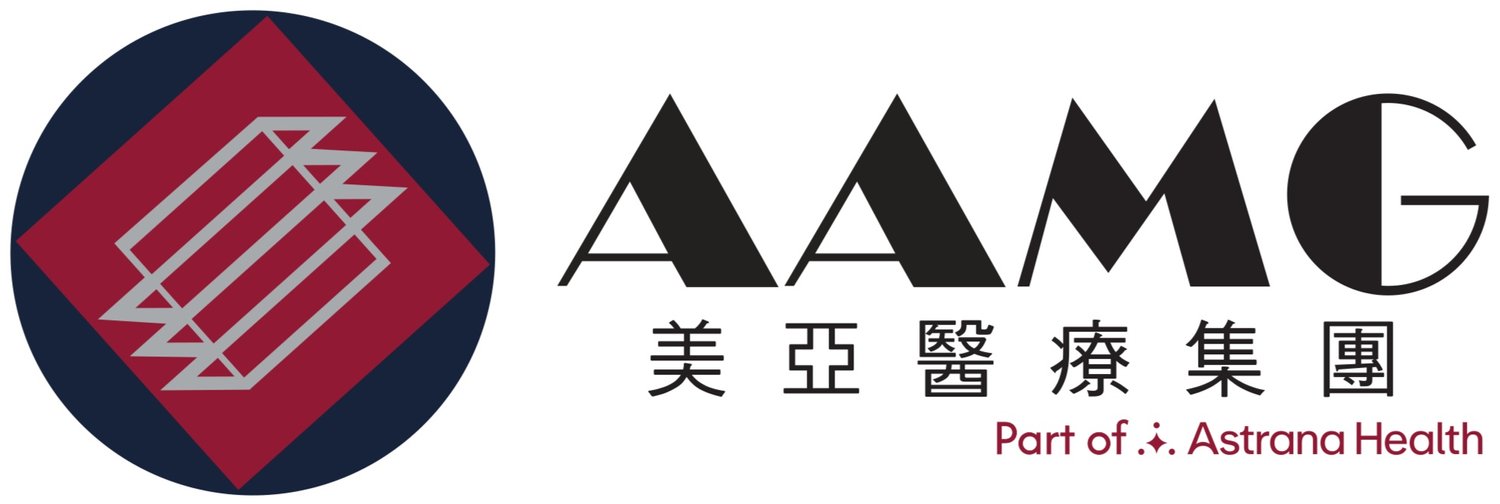心房顫動 Atrial Fibrillation
心房顫動 (AFib) 是指由於心臟電信號故障導致心臟上腔室不規則搏 動。當血凝塊移動到大腦時,會阻止大腦的血液流動,稱為 缺血性中風。有心房顫動的人患中風的風險 (抱括缺血性中風和出血性中風) 高達5倍以上,並增加心力衰竭風險 。 有些患者的症状可能會出現疲勞,心跳加速,胸部不適, 呼吸急促, 而有些患者 則沒有任何症狀。
Atrial fibrillation (AFib or AF) occurs when the heart’s upper chambers beat irregularly due to malfunctioning electrical signals. The irregular electrical signals cause improper blood flow out of the heart which can increase the formation of blood clots. When blood clots travel to the brain, this can block the brain’s blood flow and cause an ischemic stroke.
People with AFib have more than 5 times the risk of stroke including ischemic stroke and hemorrhagic stroke. It also increases the risk of heart failure. Symptoms may include fatigue, rapid heartbeat, discomfort in the chest, and shortness of breath, while some patients may not have any symptoms.
健康資源 Resources
更多來自其它可靠網站的資源:
Additional Resources:
視頻 Videos
陳樹榮醫生的心房顫動健康講座
Atrial Fibrillation Health Talk by Shu-Wing Chan, M.D.
了解心房顫動以挽救生命的知識
Learn About Atrial Fibrillation to Save Lives
心臟房顫如何引起中風以及如何治療
How Atrial Fibrillation Causes Stroke and How to Treat It




